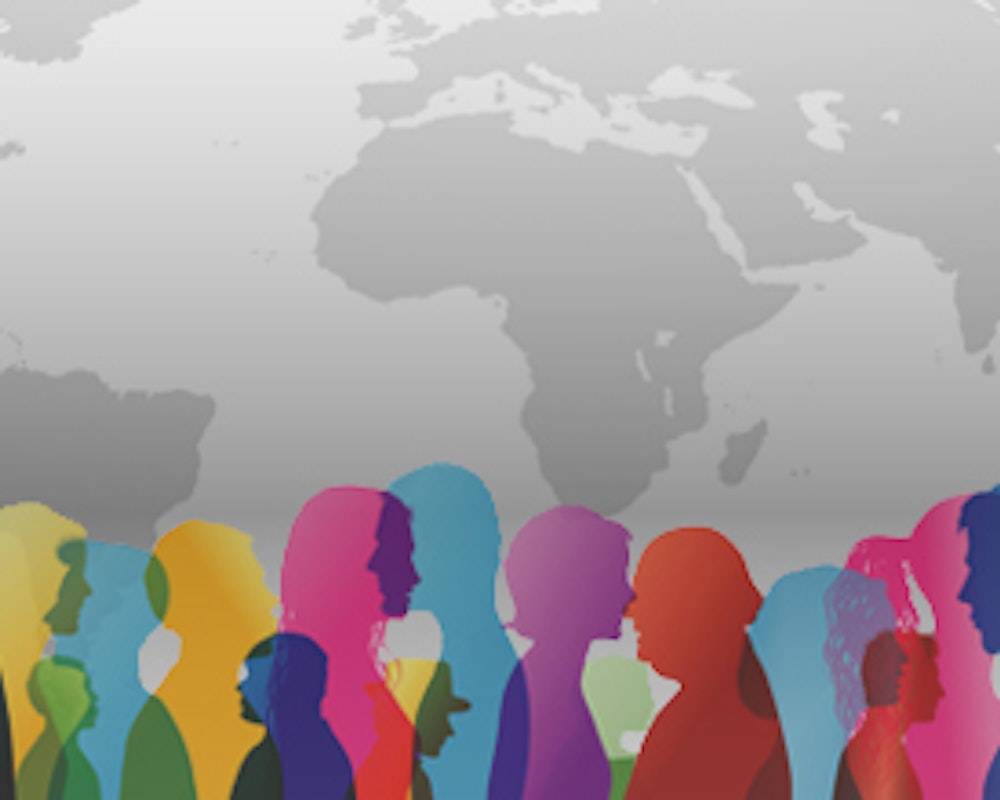
Ceasing to Exist as Ourselves for a Moment
Global learning and deep listening
July 7, 2020
What can I do, as a white global learning educator, to contribute to the movement for racial and social justice that has taken hold this summer in the wake of the latest public murders of African American men and women throughout the United States?
In the field of global learning, we often focus on the international aspects of our work. Yet the current fury against racial injustice in the United States demands that we acknowledge that the local is global and that we face complex problems in our own communities that are our own responsibility.
As a team, the staff in the Office of Global Learning Initiatives at Florida International University, which facilitates all the moving parts of one of the largest university-wide global learning initiatives in the United States, has publicly denounced the violence, hatred, oppression, and continuous injustice affecting African Americans as terribly wrong, hurting us all. We have written that “we have seen and sometimes turned away from the racism experienced by African Americans in our community and around the world, and at times we have sat quietly on the sidelines.” And we have said that “we know that indifference, silence, and inaction are unacceptable.” Like many others in our field, I am asking, “Now what?”
As global educators, our first instinct might be to act—to discuss and share with others in our institutions and associations the vast number of global and intercultural resources at our disposal, to conduct and participate in townhall discussions focused on how we can contribute to the current movement for racial and social justice, and to advocate and immediately plan for change while pledging to do better in our own institutions. While I understand this drive—to do something, to contribute positive energy, to be part of a solution—I entreat all of us who work in the field of internationalization to proceed with caution and care.
Before we act, I think we need to pause and recognize that this moment requires us to engage in global learning ourselves. In particular, I think it’s incumbent for us to put into practice two important global competencies that we want for our students: cultural humility and perspective-taking. These competencies can help us take the essential first step of reflecting on our own thoughts and desires for action before we attempt to help provide the support needed to make any of the institutional and systemic changes we so desire.
Cultural humility is the awareness and recognition of diversity and power imbalances among individuals, groups, or communities. It is a sophisticated yet simple response to the complexity that cultural diversity poses and is a powerful extension of cultural awareness and cultural competence. Cultural humility reminds us that the worth of all humans starts on a horizontal plane—that all human beings hold equal value in terms of knowledge and experience. It includes recognition of the lack of accountability that can come with positions of privilege and power and challenges us to overcome and eradicate dominant cultural thinking and to correct institutional inequalities. When we act with cultural humility, we bring a process of critical self-reflection and lifelong learning together with the acknowledgment that our awareness of another’s culture is deeply influenced and shaped by our own adopted and confirmed cultures and experiences.
Perspective-taking is the ability to engage and learn from multiple perspectives, with the capacity to understand the interrelationships among multiple perspectives: personal, social, cultural, disciplinary, environmental, local, and global. When we enact a cultural humility approach in global learning, we deepen our understanding of different perspectives and remain vigilant to the factors that influence our perceptions and the perceptions of others.
I can’t think of a better way to illustrate the importance and interaction of cultural humility and perspective-taking than by pointing to a quote by Lisa Delpit, the African American educator, MacArthur “Genius” Grant winner, researcher, and author of Other People’s Children. I had the honor of working alongside Lisa when she led the Center for Urban Educational Excellence at Florida International University. She has devoted her life’s work to elucidating the primacy of cultural context in teaching and learning and is a voice to be reckoned with. Before we consider actions to address systemic racism in our institutions and communities, we need to heed her words:
As a result of careful listening to alternative points of view, I have myself come to a viable synthesis of perspectives. But both sides do need to be able to listen, and I contend that it is those with the most power, those in the majority, who must take the greater responsibility for initiating the process.
To do so takes a very special kind of listening, listening that requires not only open eyes and ears, but open hearts and minds. We do not really see through our eyes or hear through our ears, but through our beliefs. To put our beliefs on hold is to cease to exist as ourselves for a moment—and that is not easy. It is painful as well, because it means turning yourself inside out, giving up your own sense of who you are, and being willing to see yourself in the unflattering light of another’s angry gaze. It is not easy, but it is the only way to learn what it might feel like to be someone else and the only way to start the dialogue.